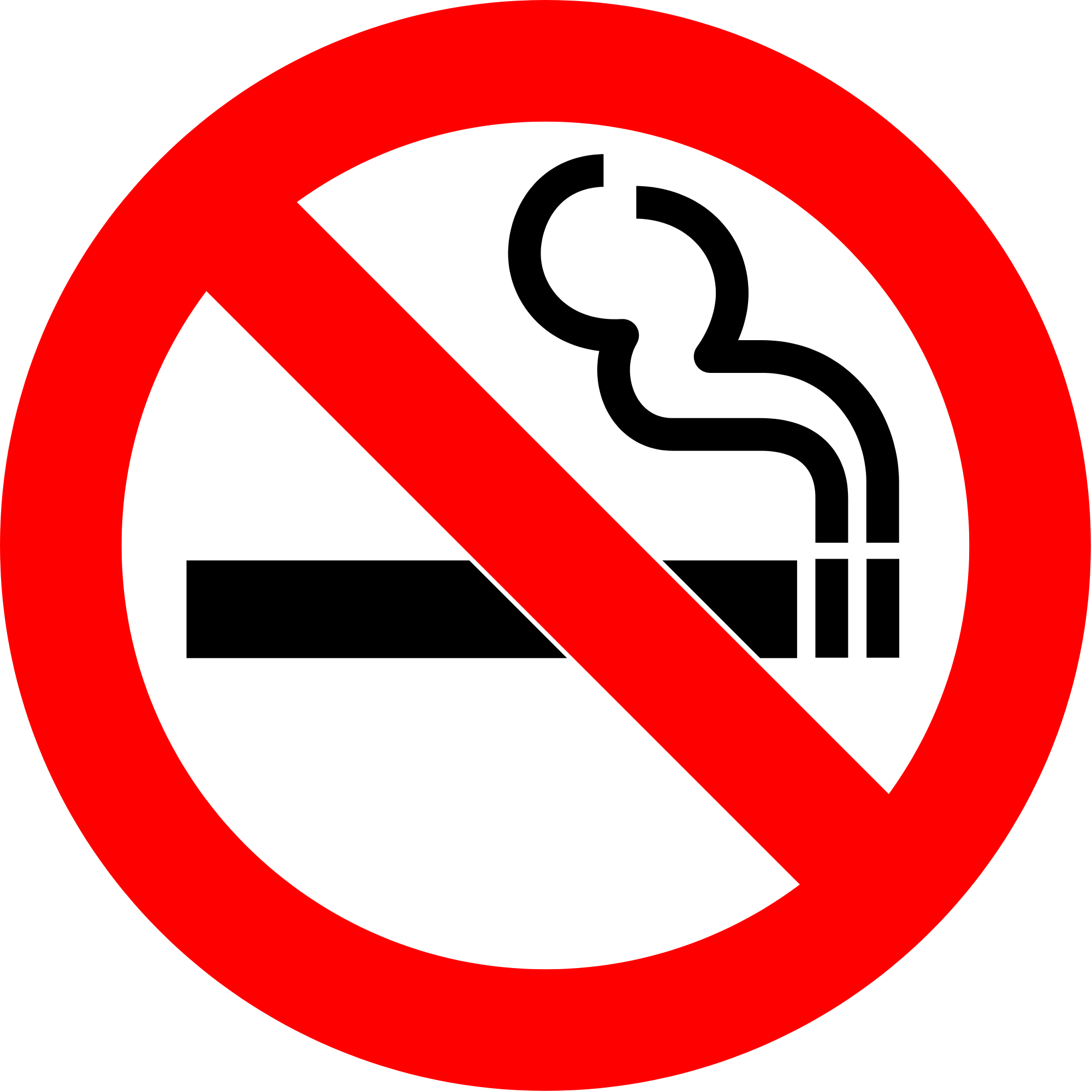Perhaps the most asinine solution propped up by the thoughtless is to “ban” something.
The United States banned alcohol in the early 20th century.
Abortions were once banned.
“Sodomy” can be added to that list.
And, while we’re at it, might as well toss in birth control as well.
It makes sense, right?
If one wants to reduce an action, just use the brute force of an institution to prevent it—no need to worry about how human nature functions nor whether the simplistic and underthought solution would actually solve the problem.
A few years ago—prior to my time at Gustavus—outside organizations funded an anti-tobacco campaign at Gustavus that advocated banning tobacco.
The original ban was defeated—it turned out that Gusties do not like outside organizations propping up groups on campus to take away people’s civil liberties regarding their right to make decisions about their own bodies.
Unfortunately, it appears that a similar initiative has bubbled up once again, with similar outside funding, advocating for a tobacco-ban on our campus.
This is a bad idea based on the time-tested fallacy that banning a substance will solve every problem.
Not to mention, numerous questions remain to how the ban would work or whether it would be effective in even limiting smoking.
What of those still smoking?
What about professors who grew up in a time when smoking was still socially acceptable and currently smoke?
Are we just going to get rid of the cigarette-butt canisters?
If so, the campus would certainly end up with much more litter, especially because unaware visitors who smoke would just throw their cigarette-butts on the ground.
How would the ban even be enforced?
Are we ready to put Campus Safety in the situation of issuing fines to smokers?
Do we want to give Campus Safety additional power?
Should we issue even more fines to people on this campus and risk having another reason to build antagonism between the community and Campus Safety?
Campus Safety surely has better things to do compared to tracking down people putting tar in their lungs.
Campuses like St. Thomas use a “community-based” enforcement that translates, essentially, into no enforcement.
No one can effectively make someone stop smoking mid-cigarette without force, and it would certainly be problematic to encourage community members to angrily force smokers to put out their cigarettes.
Expectations of force—by either the community members or Campus Safety—can only go so far.
Let’s also not forget the old Charlie Potts adage—this is a four-year residential college.
People are already forced to be here if they want to attain the good education Gustavus provides.
If a ban went into effect, smokers would have no place to smoke—most likely resulting in them just smoking on campus anyway.
Also, a ban would be unlike Gustavus’ other policies, which realize the reality in which we live.
Underage drinking and marijuana are penalized because they are against the law.
However, above age drinking is reasonably controlled and even marijuana offenses are dealt with by the campus rather than directed to the state—a blessing as otherwise students who inflicted no harm on society would be locked up for years thanks to the state’s irrational marijuana policies that, once again, were based on this ridiculous idea to “just ban” things they do not like and be naïve enough to believe it would solve the problem.
Smoking is horrid for one’s health.
Everyone, including smokers, knows this and no one is disputing that fact here.
However, perhaps the anti-tobacco initiative should focus on actually getting people off cigarettes.
Maybe they could use some of their big outside money to make a “Quit Smoking” focus group that partners with Health Services and the Counseling Center.
They could work to provide smokers who want to quit a community—using some of that outside money for smoking-cessation supplements like nicotine gum in exchange for attending the focus group.
Or they could start a propaganda—I mean public health—campaign that further shames smokers.
Shame is a powerful tool already at use on the Gustavus campus and would be a proven and effective way to pressure people to avoid smoking.
Although, any education programs should not contain outlandish lies that Gusties are exposed to secondhand smoke extensively.
Look around, hardly anyone on this campus still smokes.
If you want to avoid second hand smoke, just stay away from Olin and Old Main (maybe the Theater Building as well) where the edgy computer scientists and philosophers puff on their cigs.
Let’s not dramatize a problem that hardly exists.
Gustavus already has an effective smoking-shaming mechanism.
Those who do smoke receive judgmental—although perhaps justified—stares by the passerby.
A tobacco ban treats smokers like children and invades their civil liberties.
And such a ban does absolutely nothing to help them quit, guarantees no reduction in tobacco smoking on campus, and dramatizes the reality of the problem.
Quitting tobacco cold turkey is no easy feat, and a ban would translate to cigarette smokers simply being sneakier.
Instead of being there for members of our community, the anti-tobacco initiative simply wants to implement a ban based on failed merits that hangs Gusties out to dry.
